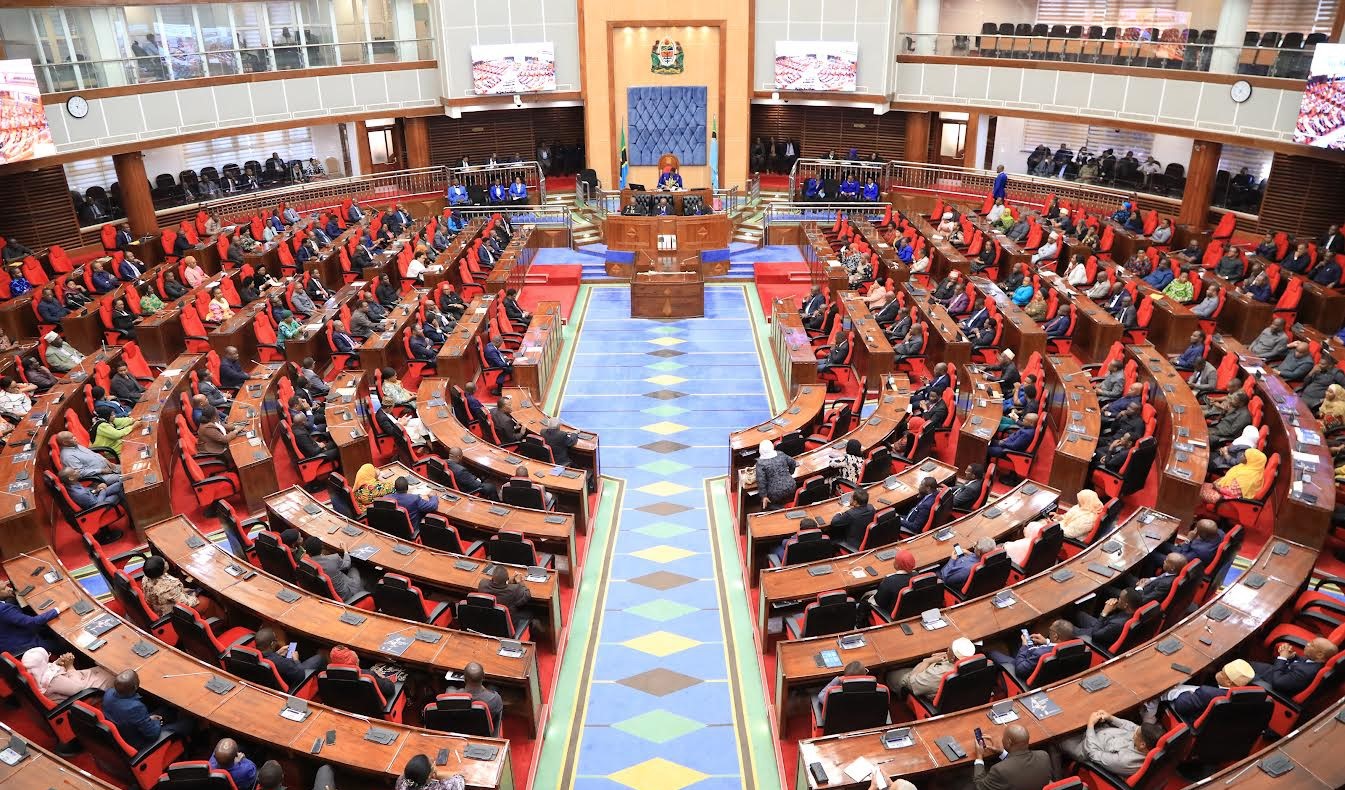Government urges collaboration to safeguard fair competition

Mwanza acting Regional Administrative Secretary Daniel Machunda, speaks during a capacity-building training for government institution officials closely working with Fair Competition Tribunal held in Mwanza on Friday, April 19, 2024. PHOTO | COURTESY
Dar es Salaam. Tanzania's government is calling on businesses to work together with the Fair Competition Tribunal (FCT) to ensure fair competition and a thriving trade environment.
This collaboration aims to protect consumers from the negative effects of monopolies and unfair market practices.
Mwanza acting Regional Administrative Secretary Daniel Machunda, made the call on Friday, April 19, 2024, during a capacity-building training for government institution officials closely working with FCT.
In a statement sent to The Citizen, Mr Machunda says the officers were obliged to collaborate with the FCT in enhancing experience and efficiency, underscoring the importance of stakeholders recognising their duties and responsibilities.
He emphasises the importance of promoting fair competition and protecting consumers as provided by the law.
"We have been advised to improve communication. Today’s training was part of their efforts to address challenges facing business competition and market control in the country," he says.
The FCT head and acting registrar, Mr Kunda Mkenda, says the FCT has registered 442 cases, of which 429 have been heard and decisions made between 2007 and March 2024.
He states that cases have been dealt with amounts to 97.1 percent, noting that only 13 cases remained at different stages of hearing.
"FCT was established under Section 83(1) of the Fair Competition Act No. 8 of 2003, to promote, and protect fair competition in trade. Also, it is mandated to protect consumers against the effects of monopoly and uncompetitive practices in the market," he says.
Mr Mkenda says many people were unaware of FCT’s role, noting that the training has been organised for the first time to impart education about the rights of citizens, functions, and the importance of the government’s body.
A training participant, Ms Zahara Magambo, says the capacity building has informed them where to seek their rights whenever they are deprived of their rights by the Fair Competition Commission (FCC) and other regulatory authorities including the Energy and Water Utilities Regulatory Authority (EWURA), and the Tanzania Communications Regulatory Authority (TCRA), among others.
"I never faced challenges before, but this capacity-building training has widened and broadened my understanding that whenever I face any future challenge, the tribunal should be my starting point," says Ms Zahara.
Mwanza Region chairman of the Tanzania Chamber of Commerce, Industry, and Agriculture (TCCIA), Mr Gabriel Kenene, says the training has enlightened how appeals are lodged and decisions made.
"I have learned that different regulatory authorities provide a room for appeals when there are controversies and failures in dispute resolution,” he says.




